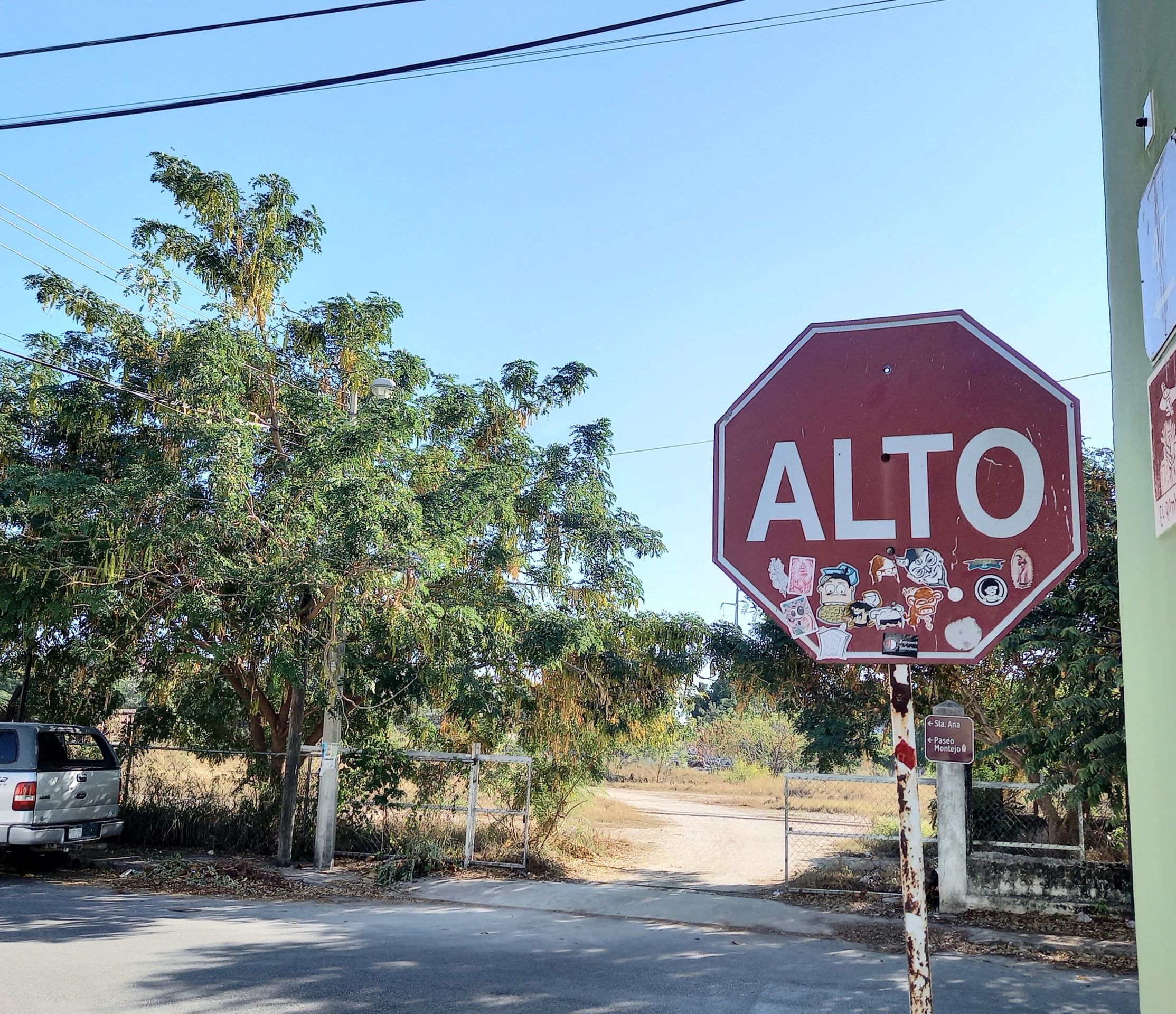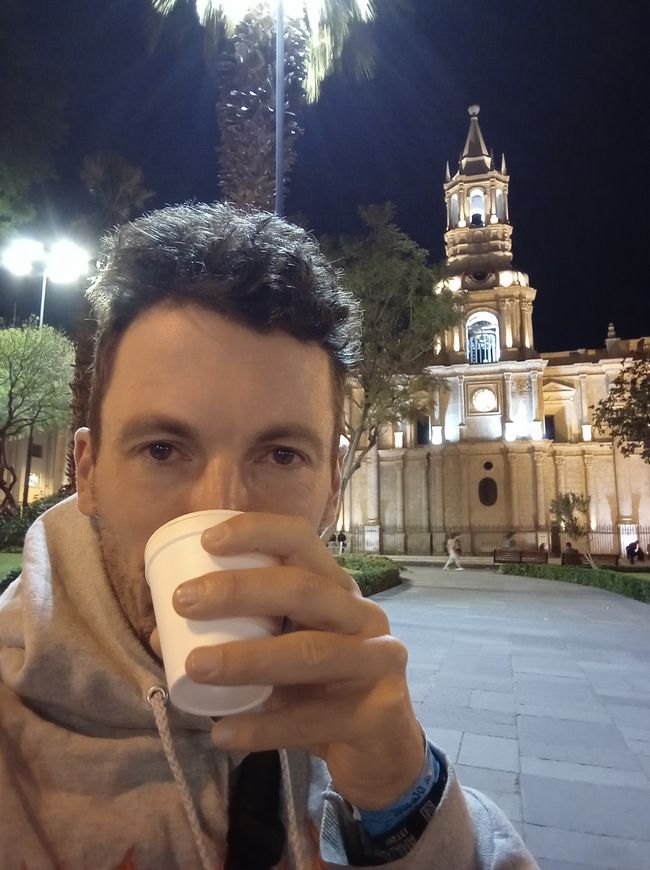Long live peace!
Közzétett: 02.04.2022
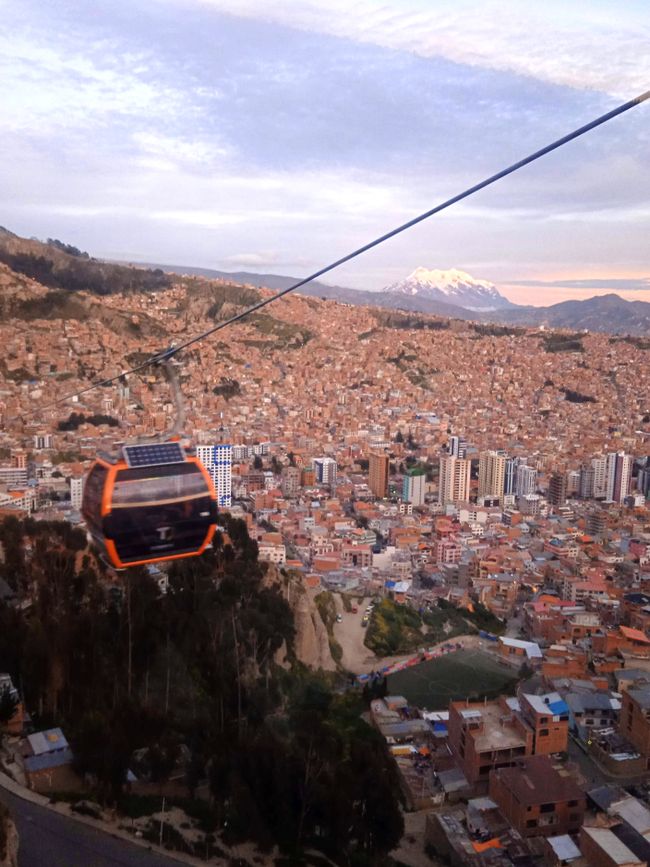
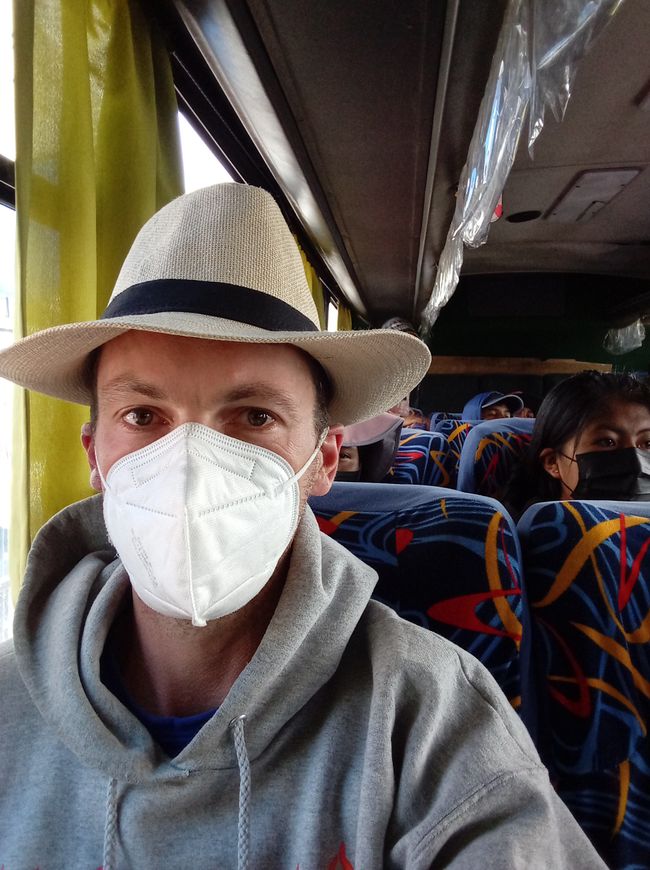
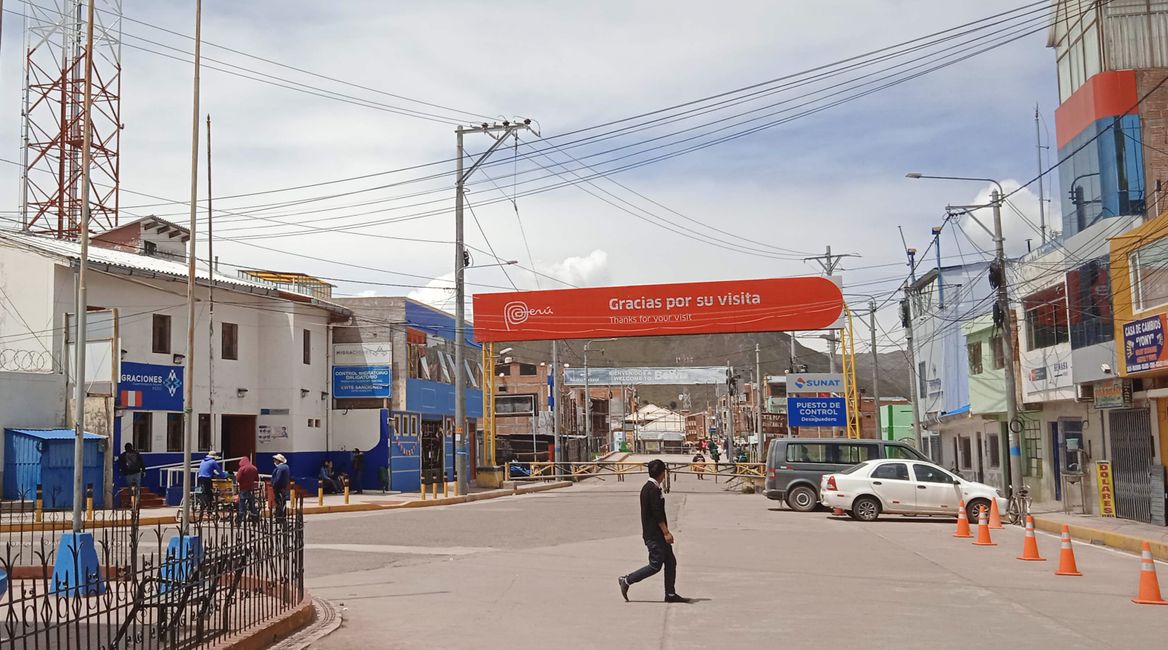
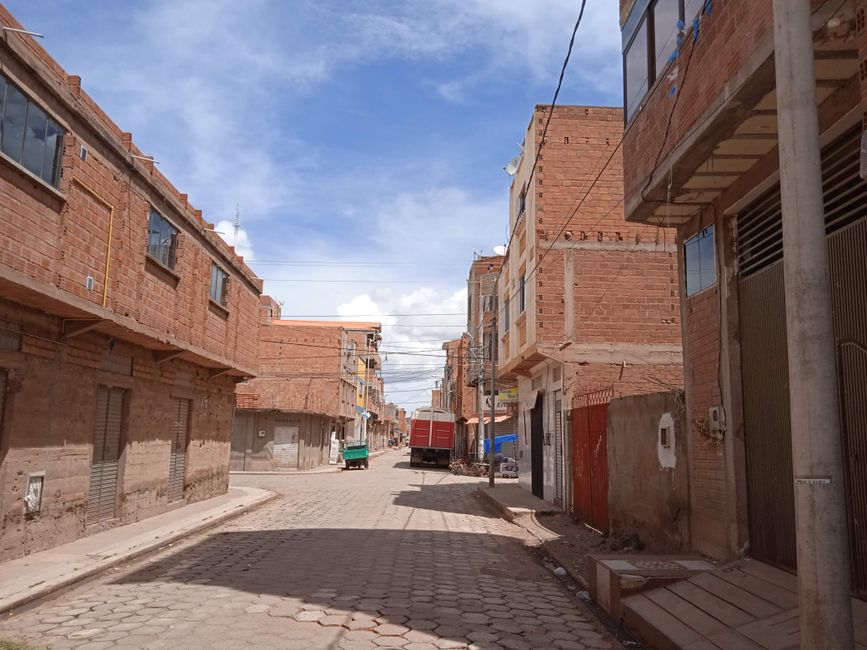
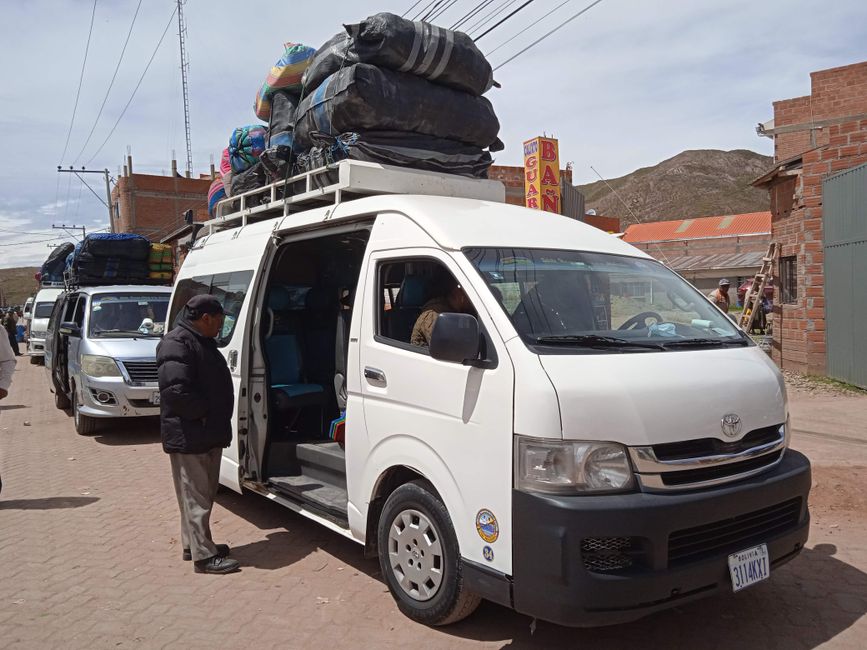
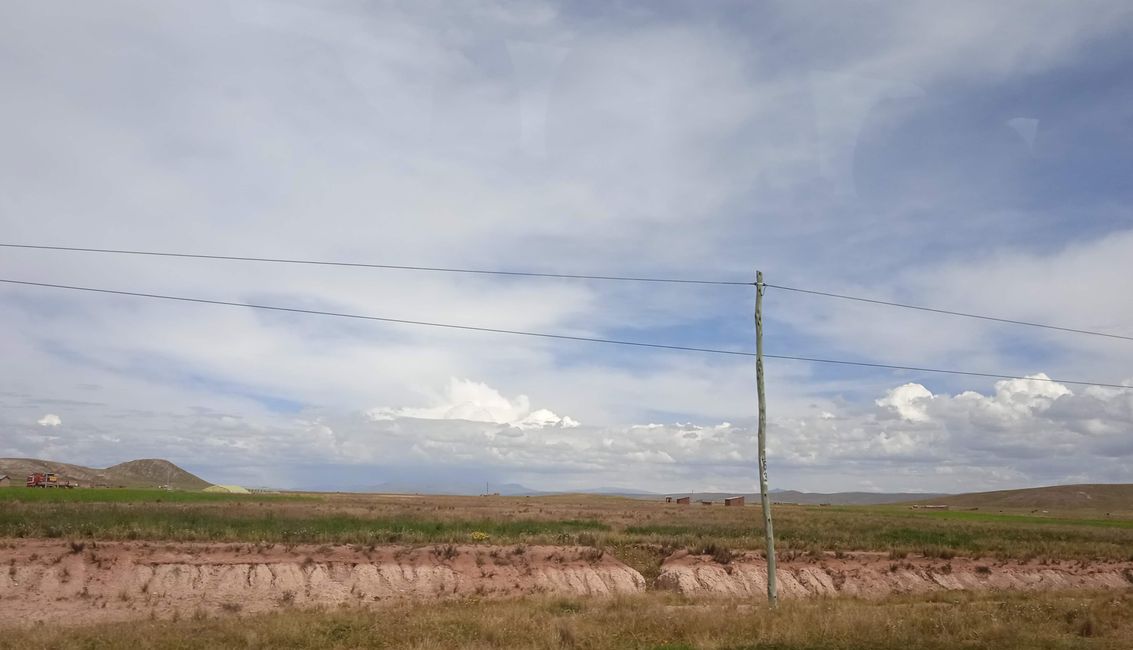
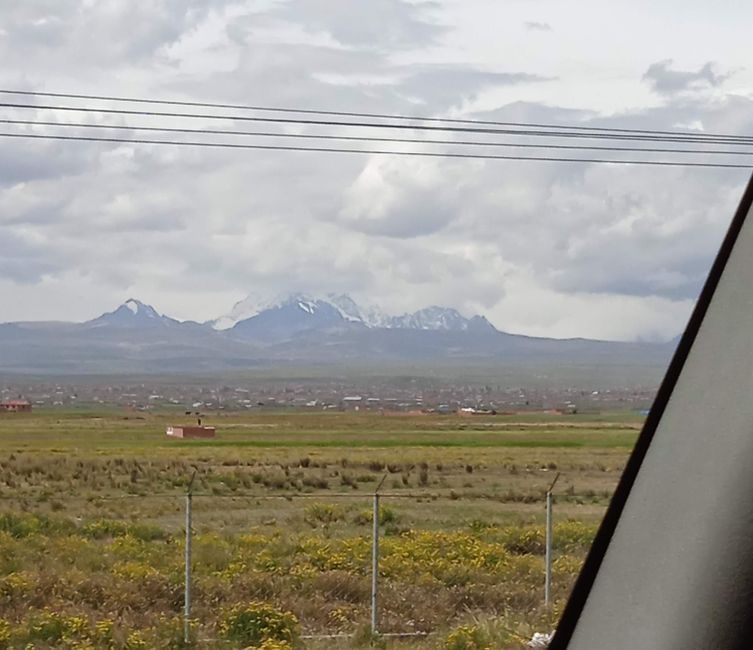
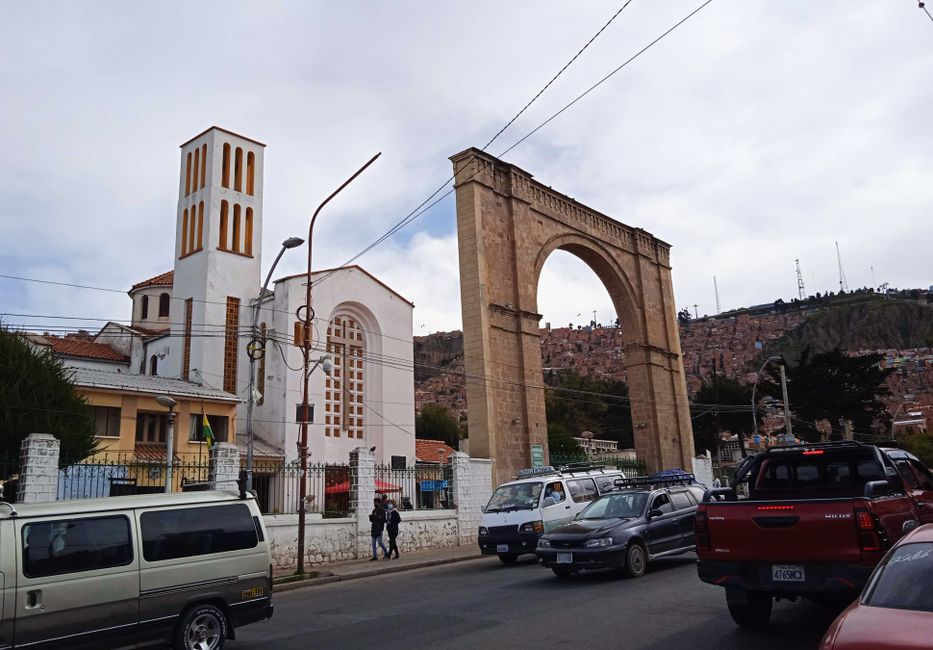
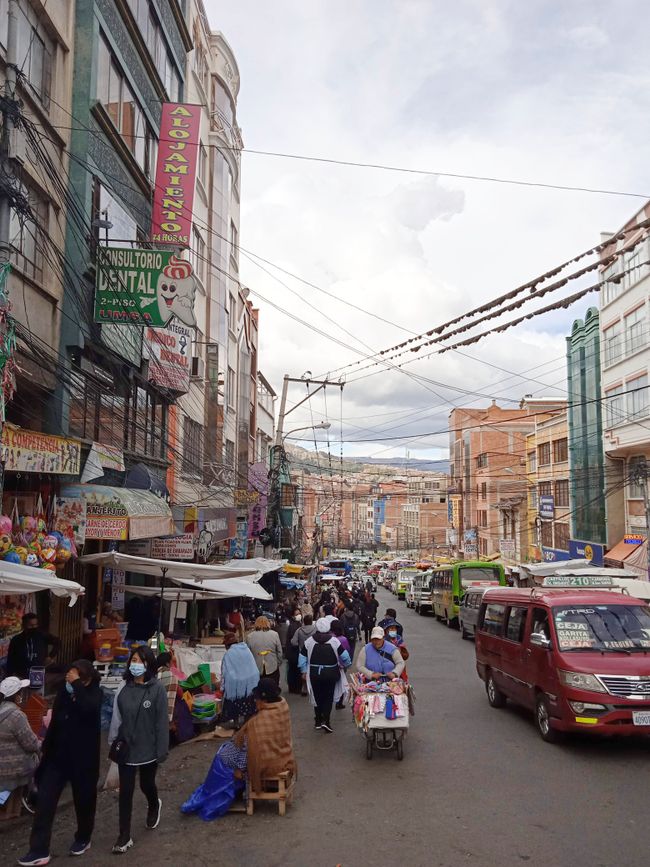
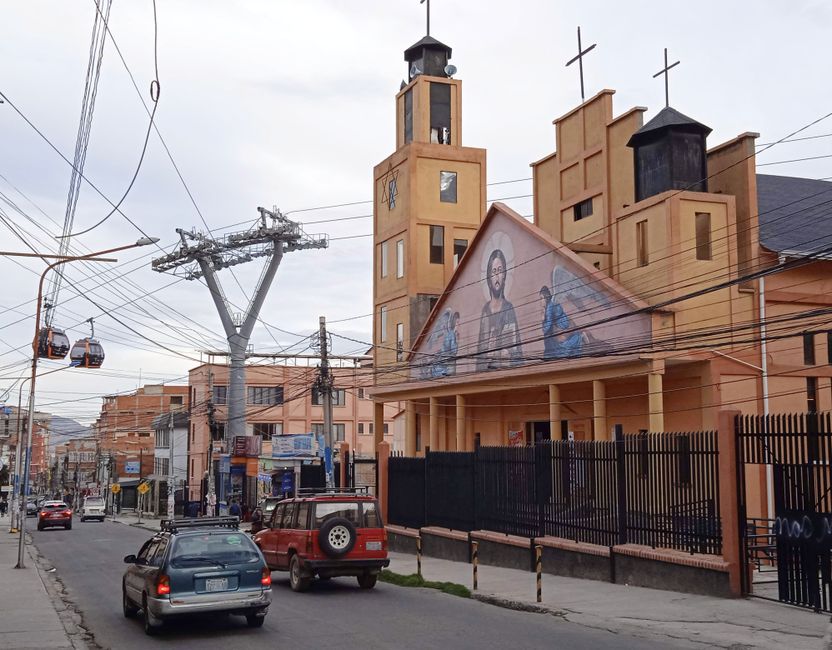
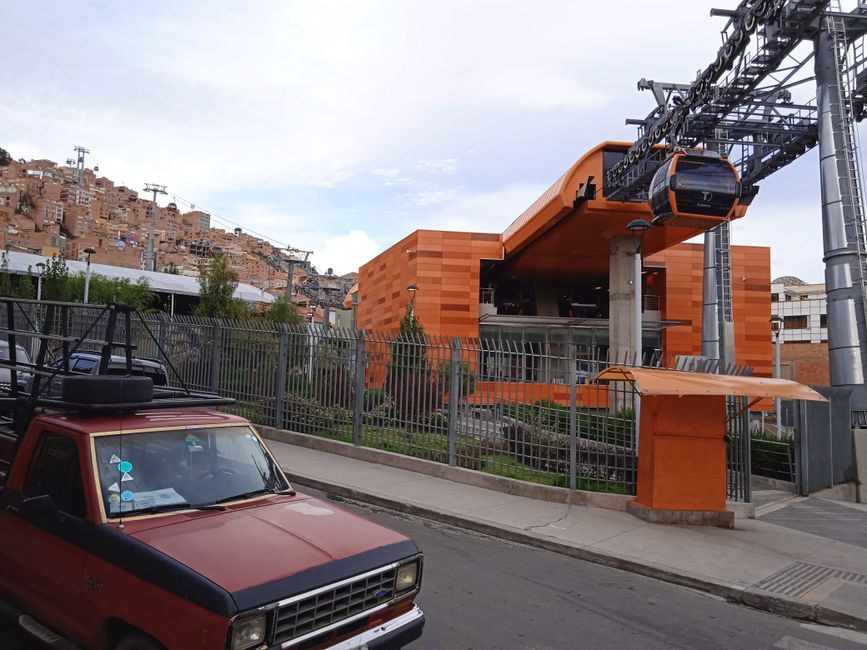
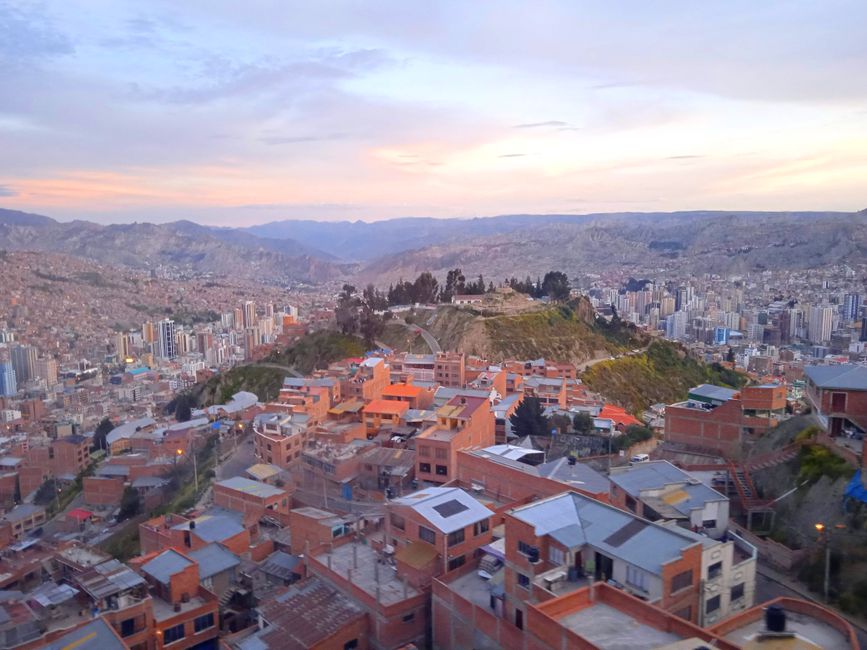
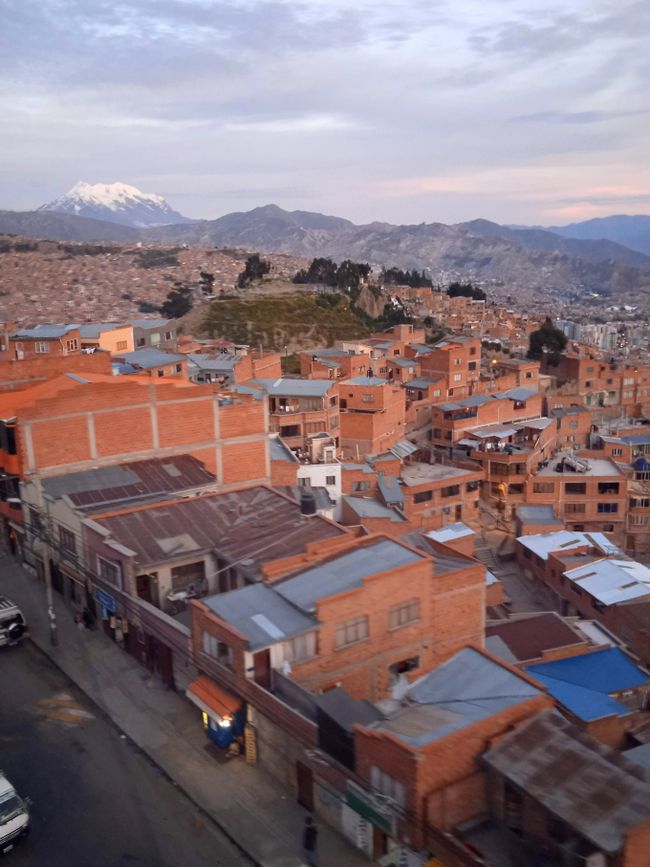
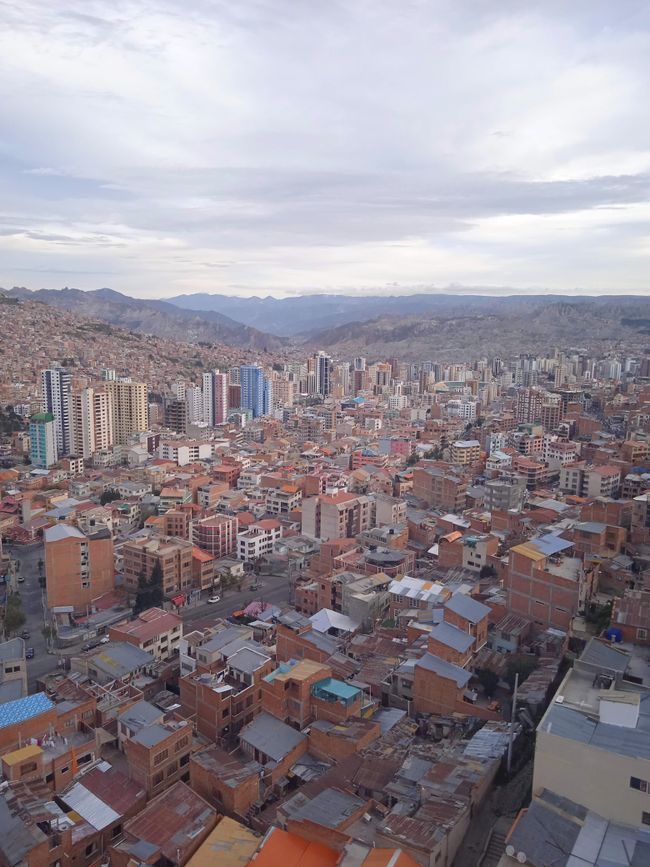
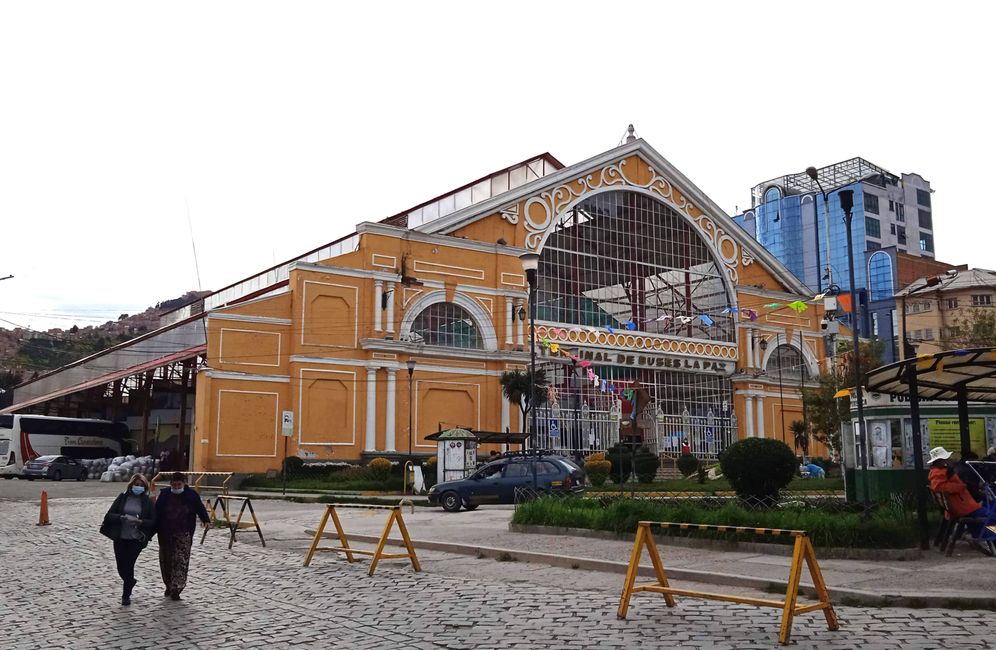
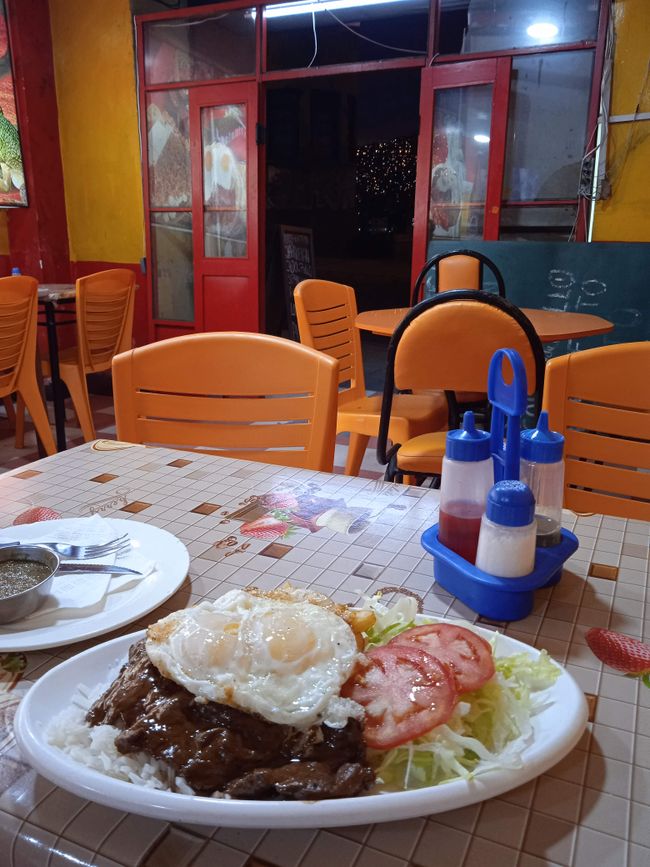
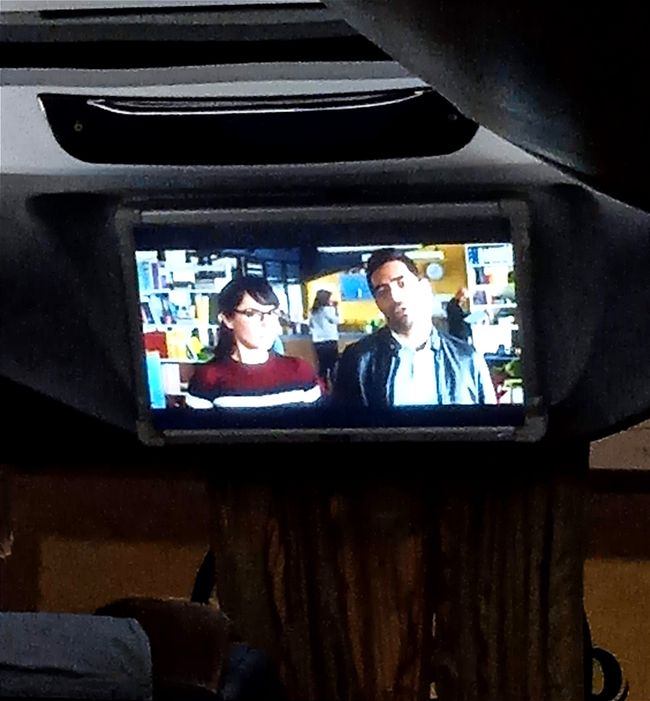
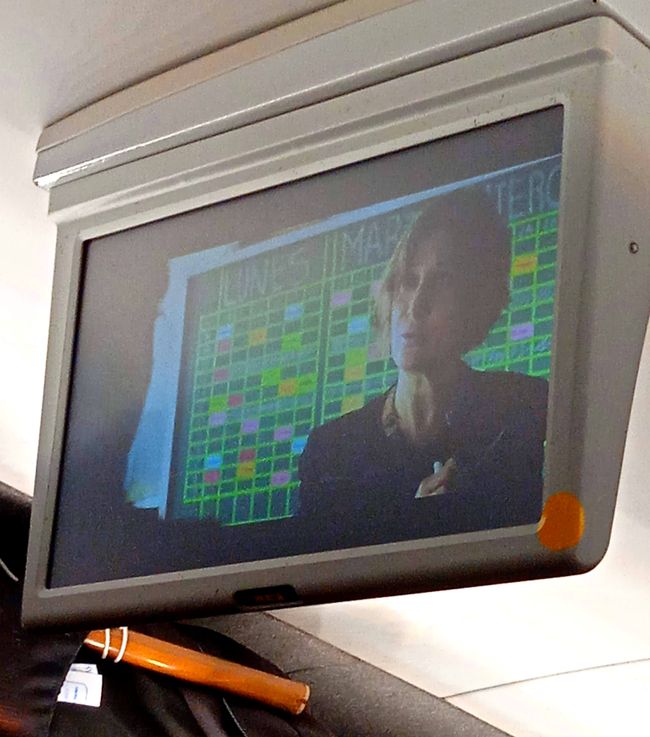
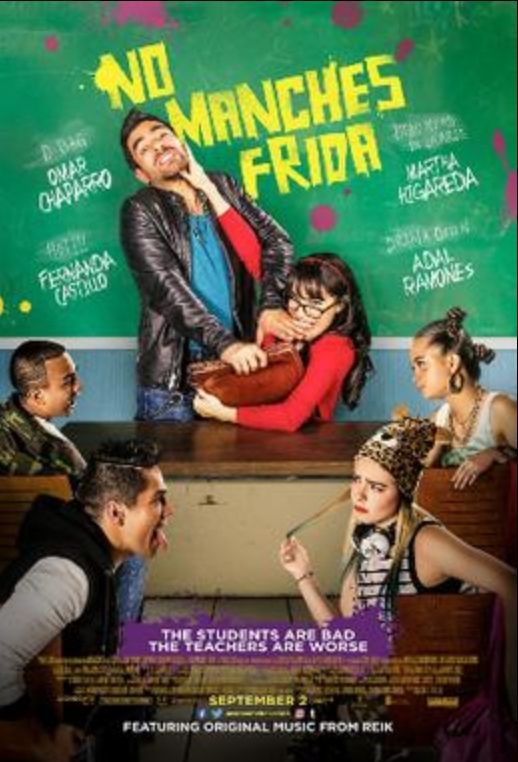
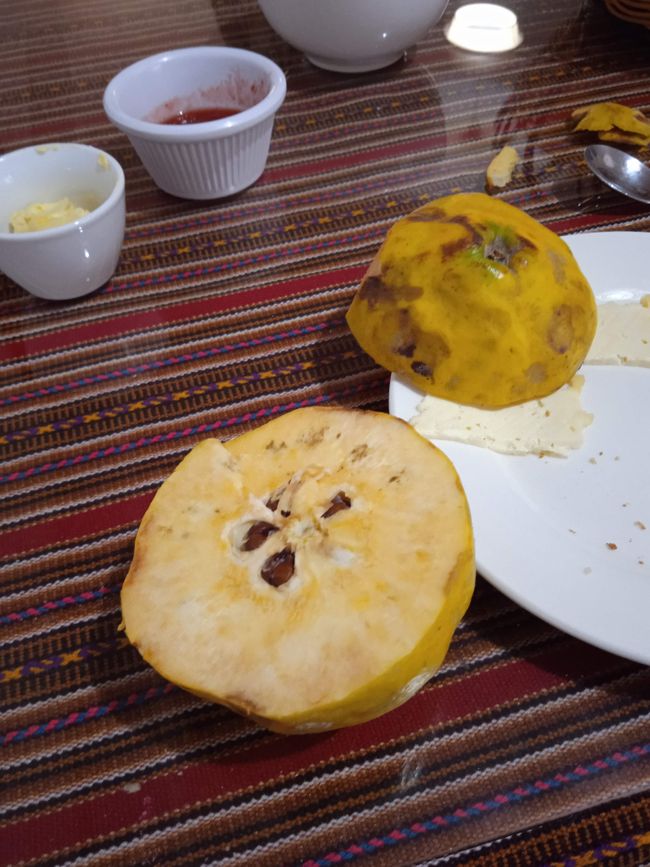
Feliratkozás a hírlevélre
Thursday morning I was ready to set off. For four days, I had been preparing for the journey ahead, taking a PCR test, making copies of documents, and filling out online forms. For about two euros, a shared taxi took me to the border at Desaguadero. The border with Bolivia followed along a river and had only reopened at the end of February. From the Peruvian side, the place resembled a lively small town. Only the border crossing appeared deserted. The barracks were also quite old. Apart from an Irish couple, I was the only European there.
The exit went smoothly and I crossed the border river. On the Bolivian side, there were no problems either. Due to a lack of confirmation of my insurance coverage for Covid, I presented the insurance policy in German, which was scrutinized skeptically but still accepted. Three minutes later, I had the entry stamp!
After two years of border closure, the Bolivian side resembled a ghost town. Apart from a few shops, all stores were barricaded, the streets were empty, and instead of people, dogs roamed the dusty sidewalks. Only at the bus station was there bustling activity. I managed to secure a seat on a minibus that took me to La Paz in about two hours for about 2.50 euros.
I was in Bolivia, a country that was not really on my travel itinerary. Dreamily, I looked out the window as the barren, treeless landscape of the Altiplano highlands passed by.
On the way, we passed through El Alto (the high point) before the bus descended into the valley to La Paz. La Paz was the country's third-largest city, after Santa Cruz and El Alto, and the seat of government. The smaller city of Sucre, on the other hand, was the nominal capital.
La Paz resembled an ant hill, as there was a constant buzz of activity. People, shops, street vendors, traffic, markets, and goods transportation merged together. Normally, such chaos would quickly overwhelm me, especially when I was traveling with luggage. This time it was different, for three reasons.
I had more than five hours before my night bus departure. The climate was pleasantly cool, and the locals completely ignored me. Even though I stood out as a Gringo among the crowd, the people of La Paz couldn't care less. So I had the opportunity to calmly look for a mobile phone shop to get myself a Bolivian SIM card (in addition to my Mexican, Guatemalan, Colombian, and Peruvian ones).
Afterwards, I left my luggage and let myself be carried through the air by the cable car. The afternoon in La Paz was enough for me, and I was relieved that everything went smoothly, especially because I could continue my journey without delay on the night bus. I had planned only a week in Bolivia.
The bus's onboard program provided some surprise. They showed the Mexican comedy 'No Manches Frida'. In it, a former convict becomes an assistant teacher at the Frida Kahlo school to dig up a long-buried treasure in the school's basement at night. During the day, he causes humorous complications with unconventional teaching methods among the kids and the teaching staff. There is also a romance between the charming rogue and a young female teacher.
Feliratkozás a hírlevélre
Válasz (1)
José
Du erzählst von Filmen in Bussen? Und auch nich von diesem grottenschlechten Film? Du musst schnellst wieder zurück nach Berlin! LOL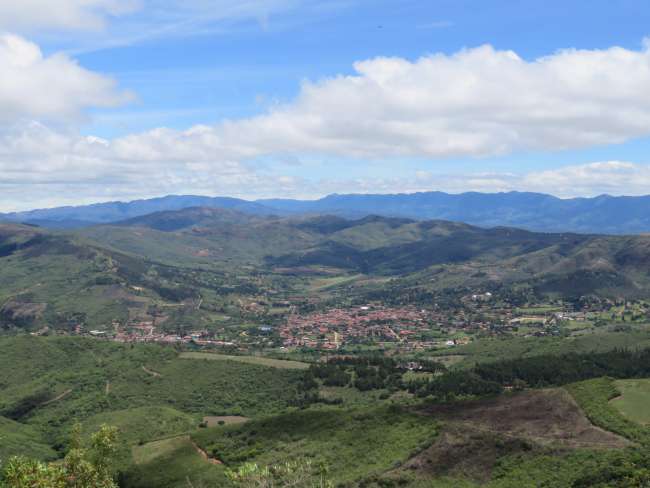
Bolívia utazási jelentések
